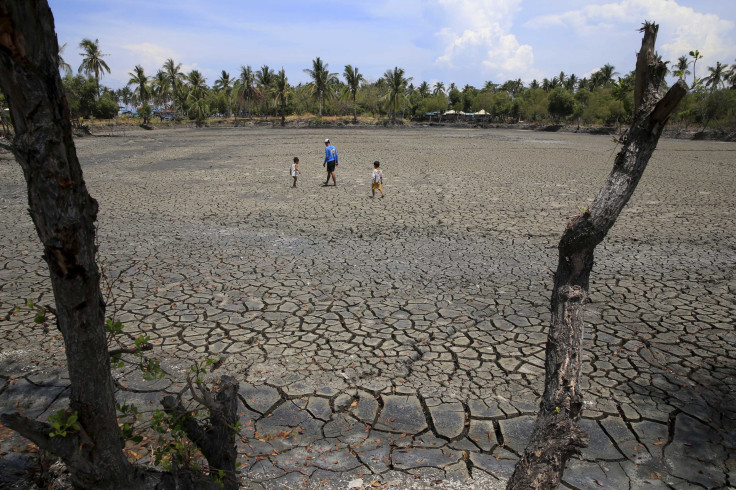Sixth Mass Extinction Approaching, Humans Won’t Be Spared: Study

Earth’s species are disappearing about 100 times faster than at any time since the demise of dinosaurs 66 million years ago, leading to the sixth mass extinction on the planet. And, humans are likely to be among the first victims, a new study says. Although scientists call for immediate actions to conserve threatened species and safeguard habitat, they believe that the window of opportunity is rapidly closing.
As part of the study, published in the journal Science Advances, researchers used fossil records and documented the extinction of vertebrates. They compared the modern rate of species loss to the natural rates of species extinction before human activities dominated Earth, and found that people are actively participating in “a global spasm of biodiversity loss.”
“If it is allowed to continue, life would take many millions of years to recover, and our species itself would likely disappear early on,” Gerardo Ceballos of the Universidad Autónoma de México, and the study’s lead author, said in a statement on Friday.
The researchers cited an estimate by the International Union for Conservation of Nature that more than 41 percent of all amphibian species and 26 percent of all mammals are at high risk of extinction. If the current rate of species loss continues, people will lose several biodiversity benefits within three generations.
“These estimates reveal an exceptionally rapid loss of biodiversity over the last few centuries, indicating that a sixth mass extinction is already under way,” the researchers wrote in the study.
The ever-increasing human population, growing per capita consumption and economic inequity have destroyed natural habitats, the researchers said. The study highlighted significant impacts of this trend, including land clearing for farming, logging and settlement; introduction of invasive species; carbon emissions leading to climate change and ocean acidification; and toxins that poison the ecosystem.
“Avoiding a true sixth mass extinction will require rapid, greatly intensified efforts to conserve already threatened species and to alleviate pressures on their populations -- notably habitat loss, overexploitation for economic gain, and climate change,” the researchers said.
© Copyright IBTimes 2024. All rights reserved.






















